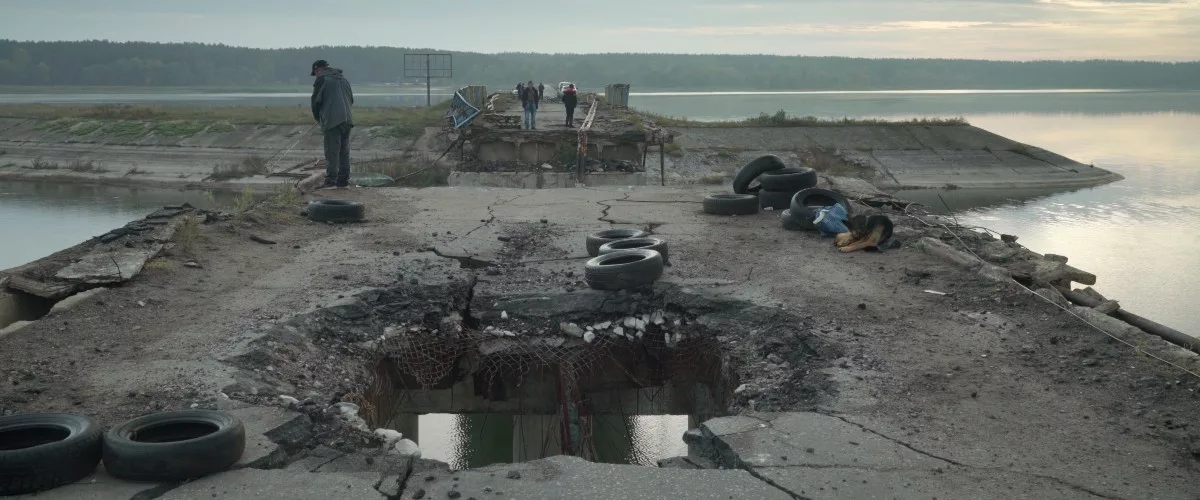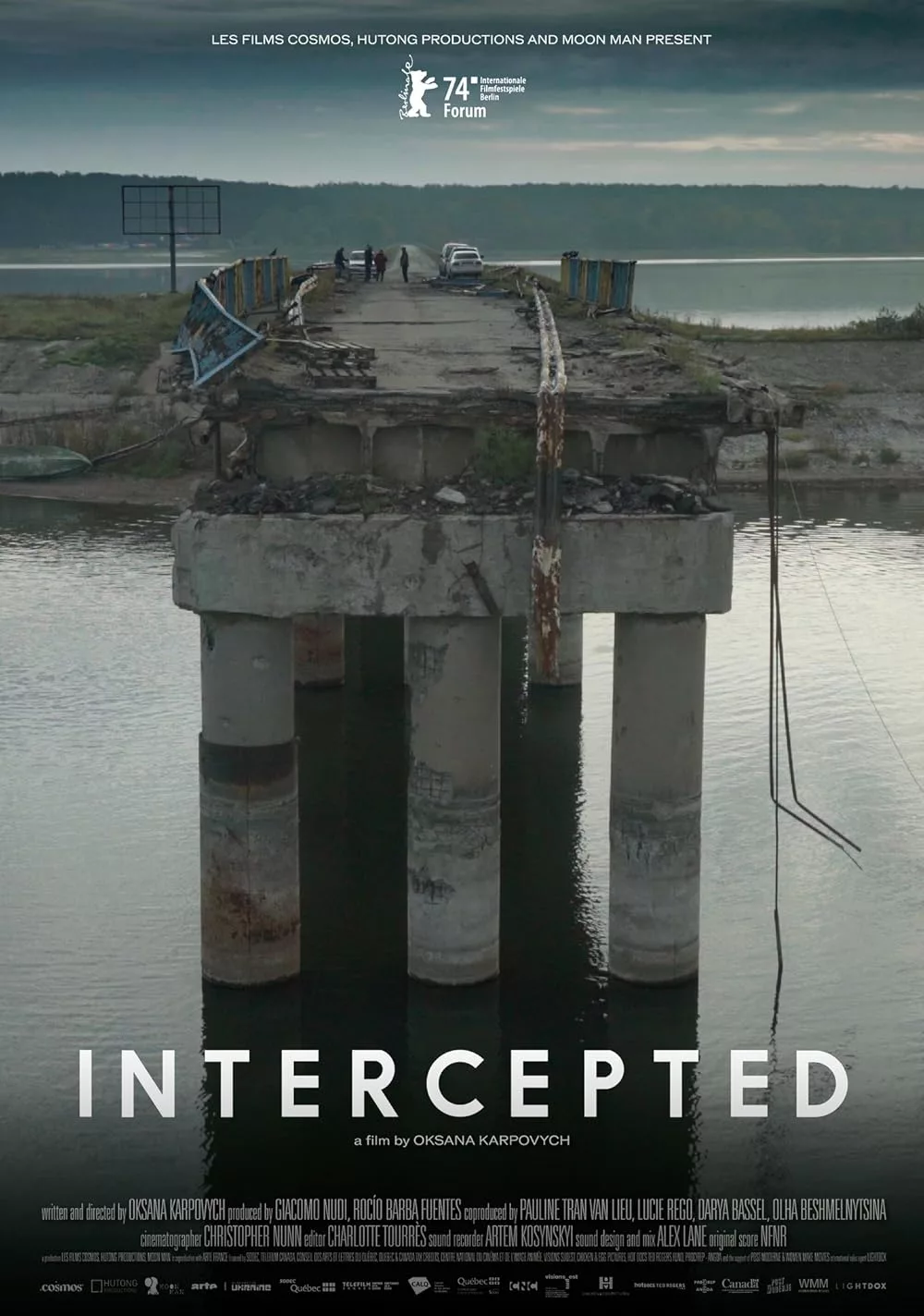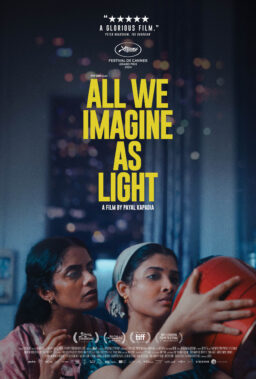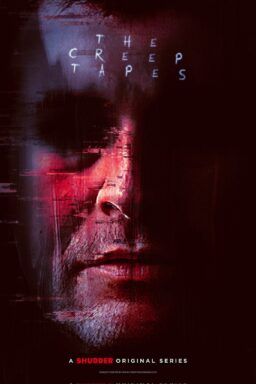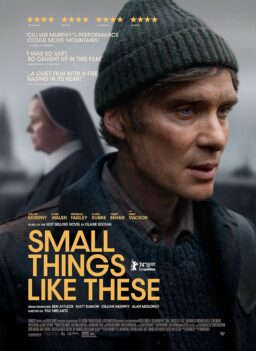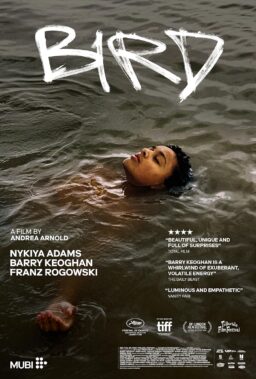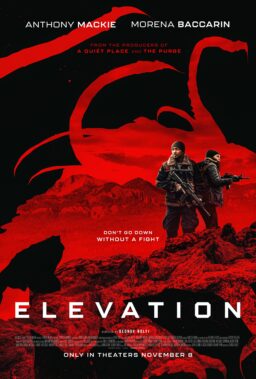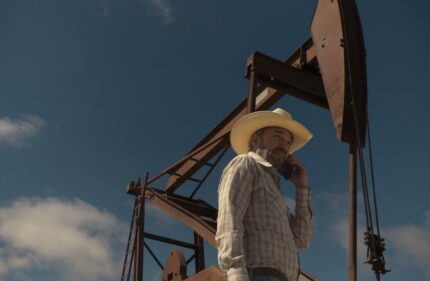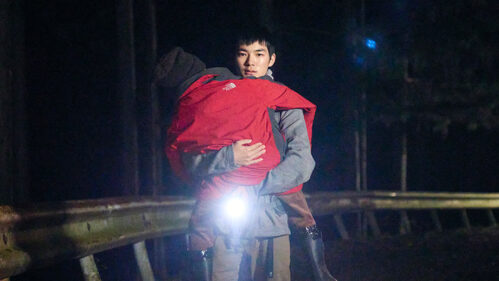Oksana Karpovych's contemplative new documentary "Intercepted" takes a unique perspective on Russia's war on Ukraine. While many brave filmmakers and journalists have documented the war on the ground since its beginning in 2022, Karpovych captures many of the familiar images of Ukrainian resiliency we've seen in documentaries and news stories (including the excellent films "20 Days in Mariupol" and "Porcelain War") but uses the intercepted calls of Russian soldiers phoning home as the film's main source of audio. Contrasting the images of Russia's damage to its neighbor with the words of its own soldiers explores the physical, mental, and emotional impact this devastating campaign will leave on both sides of the fight for generations to come.
As "Intercepted" explains, Ukrainian special services were recording and posting the personal phone calls Russian soldiers were making within their country's borders. The clips featured in the documentary come from calls recorded from March to November 2022. Already, conditions are grim and morale is low. The soldiers are calling their worried wives and mothers at home. They ask their men where they are, when can they come back. The soldiers demure because they can't give away their position, and they can only hope the conflict ends soon. Some of the calls are devastating to hear: soldiers give their last will over the phone, kids ask for their father, some wonder aloud what is this war for while others justify the incursion by repeating the party line to secure the borders. It is in these personal moments we see the effect of disinformation at work. The most chilling calls to hear are the ones full of delusions of grandeur and vitriol as some Russian soldiers dehumanize Ukrainians, using ethnic slurs and other hateful language, detailing harrowing stories of torture, and confessing that they enjoyed torturing Ukrainians. "You do understand, I'm going nuts over here," one soldier tells his mother. She comforts him by replying, "These are not people."
While the calls themselves can be upsetting to hear, Karpovych contrasts the violence described in terrible detail with the eerie silence and stillness of abandoned and crumbling apartments, in the calmness locals observe as they wait for supplies or run errands, and continue to live life in spite of the war. Images of blown out tanks, bombed out buildings, and seemingly endless piles of rubble alternate between scenes of Ukrainians gathering together at a lake or in a lawn. These are the enemies Russia has instructed its soldiers to attack. The homes are in various degrees of damage. Many had their windows blown off so that their curtains flutter in the wind, as if haunted by the souls that once lived there. Others are covered in charred wallpaper and gray ash, signs of the destruction they endured and the horrors they witnessed. They are almost meditative still life scenes, allowing for the intercepted calls to take the viewer's attention.
By anonymizing both the callers and the places featured in the documentary, "Intercepted" becomes a sobering portrait of the many millions of lives interrupted by this war. It's easy to write off combatants as just an enemy but Karpovych's film tries to understand them, how and why they've justifying killing civilians on sight, enacting horrifying amounts of torture, or why they're invading Ukraine's borders in the first place. And while the voices of Ukrainians are not featured in "Intercepted," their resilience dominates the frame of Karpovych's observational documentary. By juxtaposing the confessions in the phone calls with the images of quiet ruins and survivors, "Intercepted" shows just how deeply government propaganda can wound its people and others.
